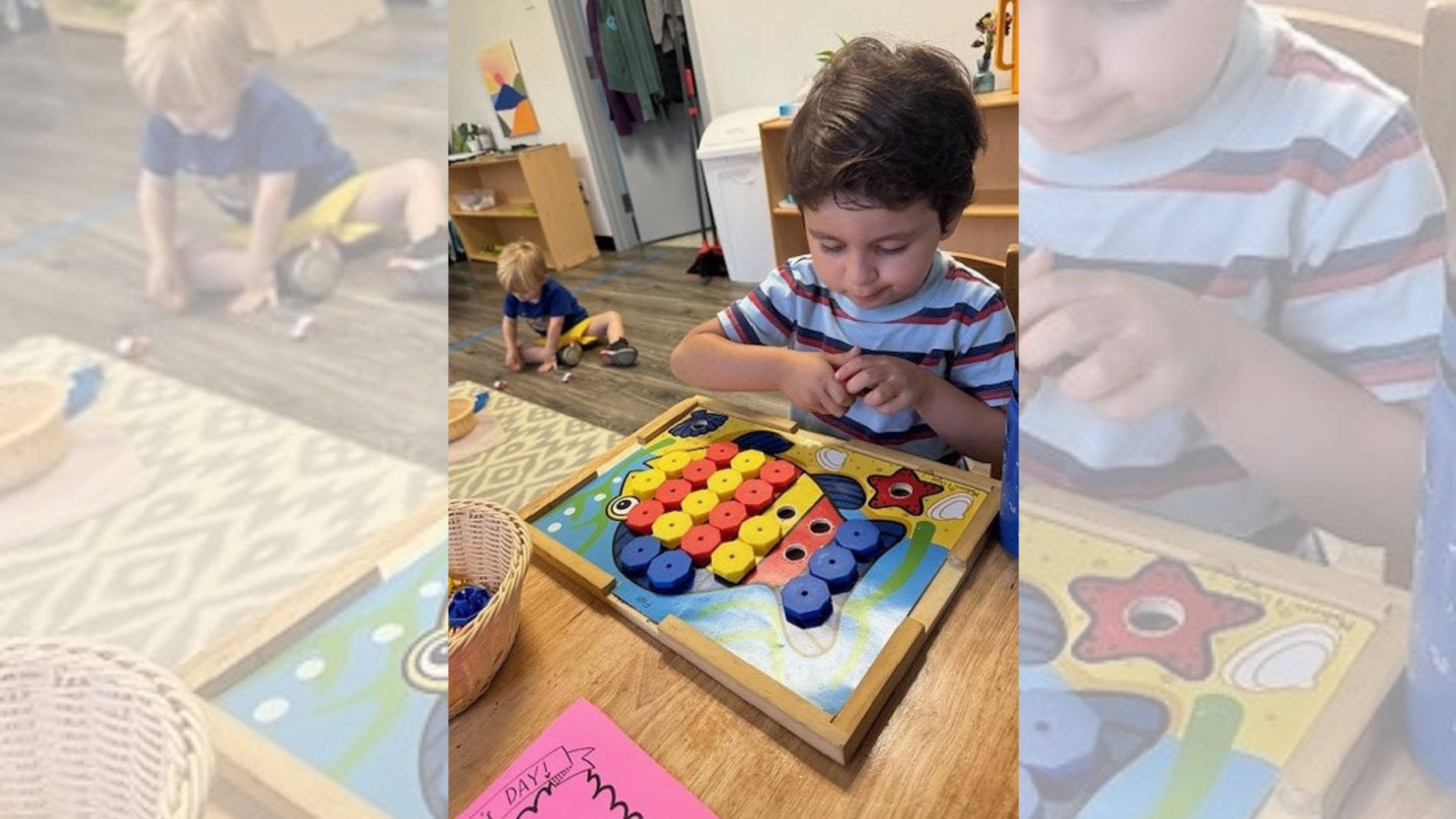
Samantha watched her three-year-old son, Leo, flip through a picture book, mumbling a story of his own. He wasn’t reading yet, but he was trying. She knew that developing strong literacy skills early on would help him later in school. But she wasn’t sure where to start.
Early literacy skills form the foundation for lifelong learning. Reading, writing, and language comprehension don’t develop overnight—they begin in infancy and grow with the right support. Parents play a crucial role in making literacy a natural part of everyday life. Whether through bedtime stories or playful word games, simple habits make a big difference.
Why Early Literacy Matters
Reading and language skills are essential for academic success. Children who develop literacy skills early tend to have a larger vocabulary, better comprehension, and stronger critical thinking abilities. Early childhood education programs focus on these skills, but parents can reinforce them at home.
The best part? Kids don’t need formal lessons to become strong readers. Everyday activities like talking, singing, and playing all contribute to literacy development.
Simple Strategies to Build Literacy Skills
1. Start with Conversations
Talking to children, even as babies, builds their vocabulary and understanding of language. Describe what you’re doing as you cook or fold laundry. Ask open-ended questions, like “What do you think will happen next?” during a story. The more words they hear, the more they absorb.
2. Read Together Every Day
Reading aloud is one of the most effective ways to develop literacy skills. Choose books with rhythm and repetition to keep young children engaged. Let them turn the pages, point to pictures, and finish familiar sentences. Even if they don’t understand every word, they’re learning how language works.
For older toddlers and preschoolers, ask them questions while reading. “Why do you think the character is sad?” or “What do you think will happen next?” This helps with comprehension and storytelling skills.
3. Play with Letters and Sounds
Literacy isn’t just about reading—it starts with recognizing letters and sounds. Fun activities make learning feel like play.
- Letter hunts: Look for letters on street signs or food packages.
- Rhyming games: Say words and have your child come up with a word that rhymes.
- Singing songs: Songs like the alphabet song or nursery rhymes help kids recognize patterns in language.
4. Encourage Scribbling and Writing
Before children can write words, they need to build hand strength and coordination. Give them crayons, chalk, or finger paints to explore writing. As they get older, encourage them to “write” shopping lists, birthday cards, or their names. Early childhood education programs often focus on fine motor skills through activities like tracing and drawing.
5. Make Books Accessible
Keep books in places where children can easily grab them. A small bookshelf in their room, a basket of board books in the living room, or even books in the car make reading a natural part of the day.
Let them see you reading, too. Whether it’s a novel, a magazine, or a recipe, children who grow up in book-filled environments are more likely to develop a love for reading.
The Power of Parental Involvement
Samantha didn’t need expensive programs or special training to help Leo with literacy. She simply made reading and conversation a daily habit. Soon, he was pointing out letters on signs, making up silly rhymes, and “reading” his favorite books to his stuffed animals.
Building literacy skills in early childhood doesn’t have to feel like work. Small, consistent efforts create a strong foundation for learning. By making language fun and interactive, parents set their children up for a lifetime of success in reading and beyond.